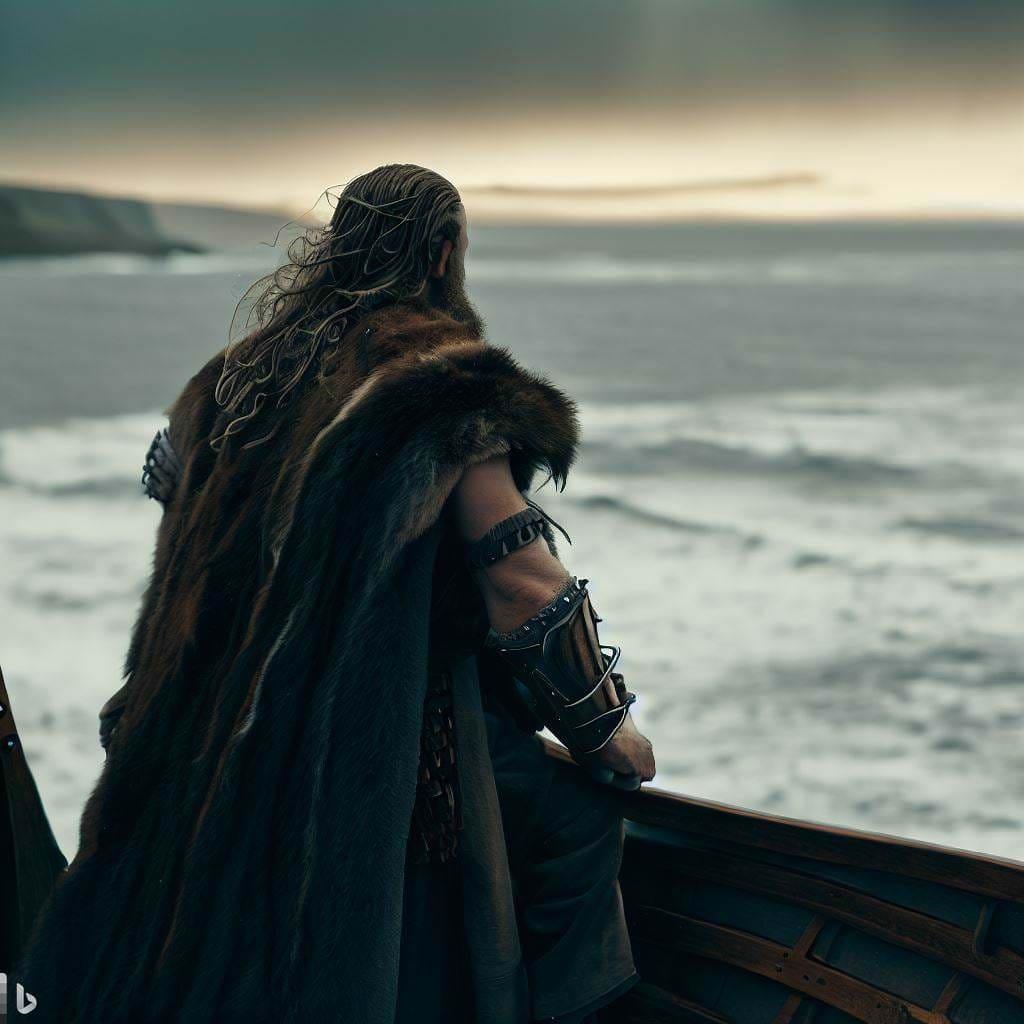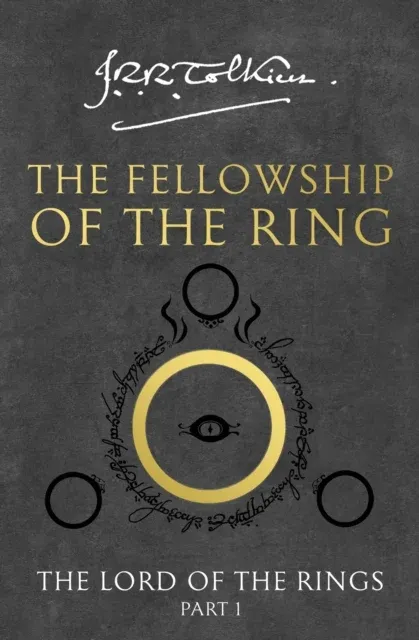Beowulf Response to Literature Notes

The epic poem “Beowulf” starts with the history of the Scyldings, a Danish royal family. Their king, Hrothgar, builds a great hall called Heorot, where he and his warriors enjoy feasting and music. But a monster named Grendel, who hates human joy, attacks Heorot at night and kills many Danes. For twelve years, Hrothgar and his people suffer from Grendel’s terror.
The first two chapters introduce Hrothgar and his mortal enemy, Grendel the Ogre. King Hrothgar is portrayed as a generous, benevolent king in contrast to Grendel the Ogre, who is portrayed as utterly evil, hating human joy and mercilessly slaughtering King Hrothgar's loyal warriors.
The action rises after the good king's mead-hall is finished, and he is feasting with his warriors, distributing from his treasure, when Grendel the Ogre attacks the hall and kills the king's warriors.
Chapters 11-13 deal with Beowulf's defeat of Grendel. Grendel comes into the hall, kills one of Hrothgar's warriors, and then goes after Beowulf. He gave Grendel a nice, strong handshake that the beast could not shake off. While trying to escape, Grendel tore off his arm and ran home and died.
This section is in the rising action of the story and starts when Grendel the Ogre comes to the hall to feast on Hrothgar's warriors, once more.
Chapters 19-23 deal with Beowulf's defeat of Grendel's mother, who came into the hall at night and killed one of Hrothgar's best warriors and counselors. Beowulf vows to avenge him and goes to the lake in which Grendel's mother lives. He dives in the lake and finds the cave of the beast. While fighting Grendel's mother, his sword breaks, and he finds a giant-forged sword in the cave and uses it to kill the ogre.
The theme in this section is vengeance, as both Grendel's mother and Beowulf fight to avenge someone else. Grendel's mother avenges her son, and Beowulf avenges Hrothgar's counselor.
In these sections, the Ogres are portrayed as cowards, always attacking Heorot in the middle of the night when the warriors were sleeping, and they could not fight back.
On the other hand, Beowulf is portrayed as a brave warrior who dives into Grendel's lake to attack the Ogre's mother in her lair. Instead of attacking her when she was asleep like a coward, he fought her while she was awake.
In chapters 32-35, the main characters are Beowulf and his opponent, the dragon who came to ravage the land of the Geats after a slave stole his golden cup. A supporting character is Wiglaf, one of Beowulf's thanes who came to help him in the combat against the dragon.
Beowulf and the dragon are shown as opposites. Where Beowulf (and Hrothgar for that matter) is a generous and kind king, the dragon is greedy and avaricious. Where Beowulf is an inspiration and loved by his men, the dragon is feared and hated as it ravages the land of the Geats. Beowulf also cares about his people's safety, which is why he commanded his thanes to stay back from the fighting.
Wiglaf is the only thane who stands with Beowulf against the dragon, even when his king told him not to. He is a symbol of loyalty to his king because he helped him when he was in the greatest need.
In chapters 36-38 of Beowulf, the hero slays the dragon but is mortally wounded. The treasure is a symbol of the value of wealth in reality. It is worthless since no one uses it, and it is left behind after you die.
Beowulf’s final act is to give his sword to his thane, Wiglaf, passing on the legacy of protecting his people. He requests a barrow be built as a beacon and memorial, so that the descendants to his throne would remember and follow his example in governing.
Wiglaf is given the right to rule by Beowulf on his deathbed because of his loyalty and bravery, helping his lord in his most difficult battle. Wiglaf harangues the warriors who did not help him, implying that being a coward is worse than death. Shame is portrayed in Wiglaf's speech as a consequence of cowardice, that would bring the cowards to insignificance.
Now gift of treasure and girding of sword,
joy of the house and home-delight
shall fail your folk; his freehold-land
every clansman within your kin
shall lose and leave, when lords high-born
hear afar of that flight of yours,
a fameless deed. Yea, death is better
for liegemen all than a life of shame! - from Beowulf, chapter 38.
In chapter 41, Beowulf's body is burned on a funeral pyre. The whole nation mourns for the death of their leader, which shows how much his people loved him. In this chapter, the mood is sad because of the king's death.
The literary devices used in Beowulf are alliteration, kenning, and caesura. For example, in chapter 41, the line "the battle-brave’s beacon. Round brands of the pyre" displays alliteration and caesura of the literary devices mentioned above. An example of kenning is "whale-path" for the sea.




